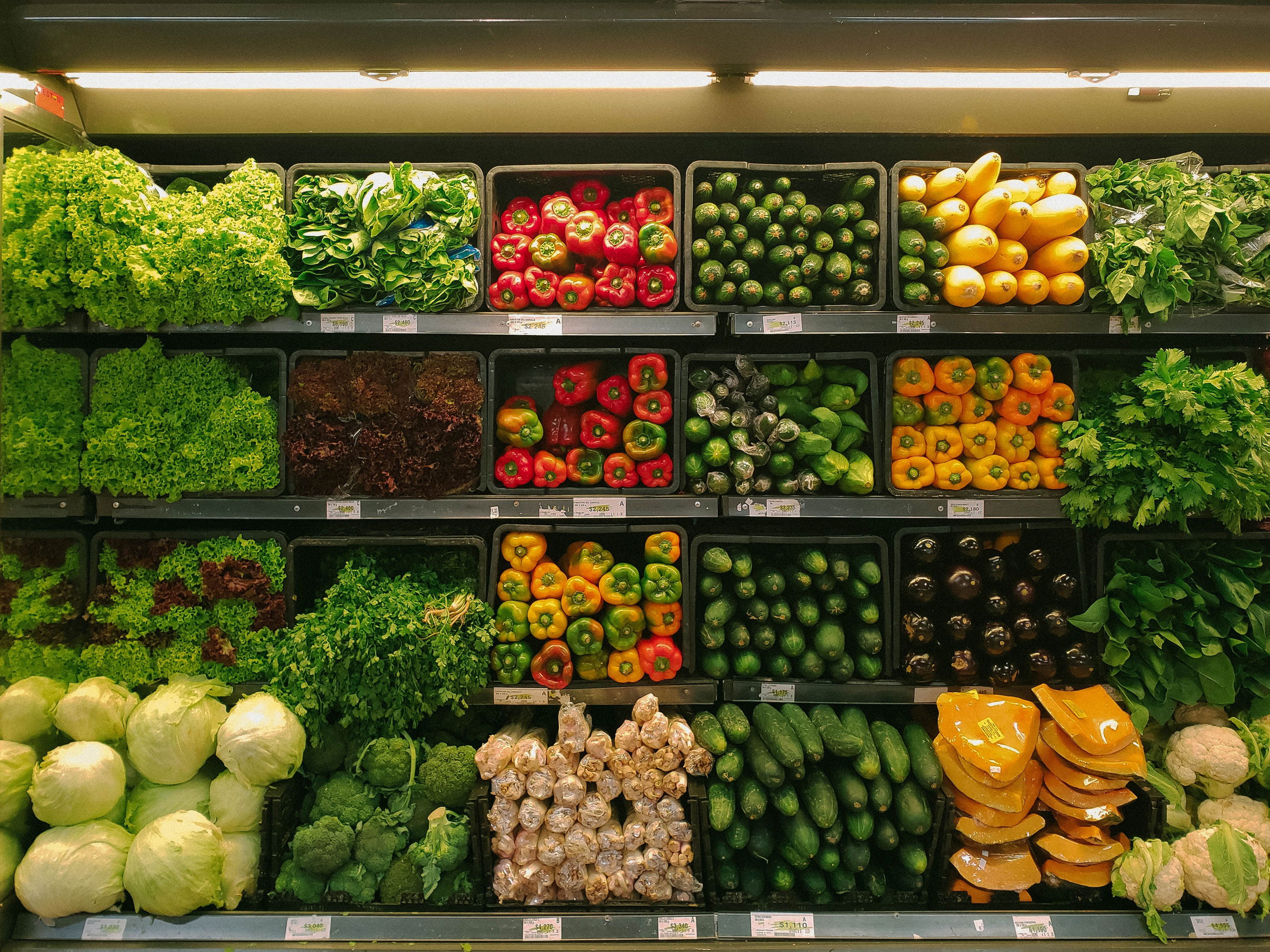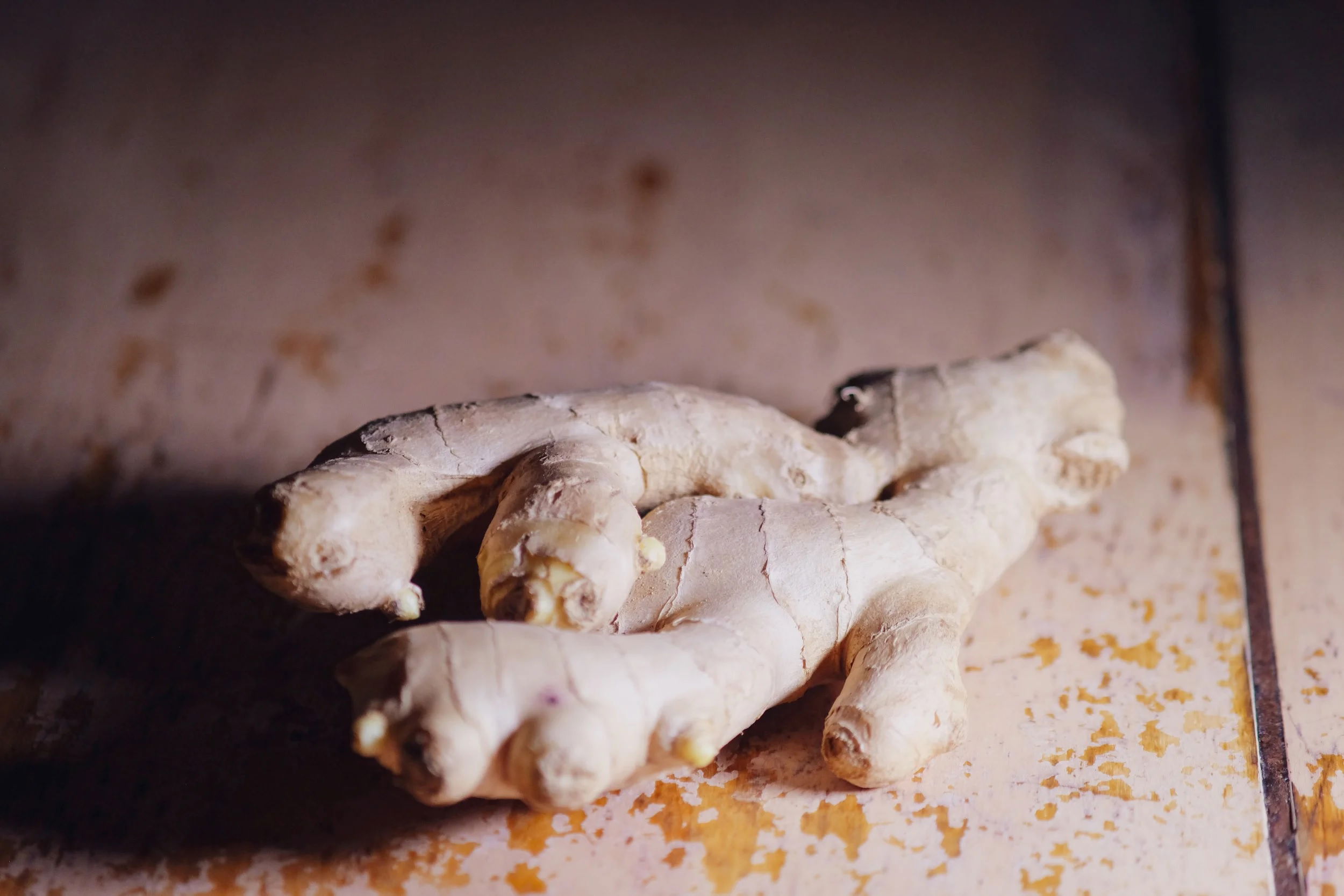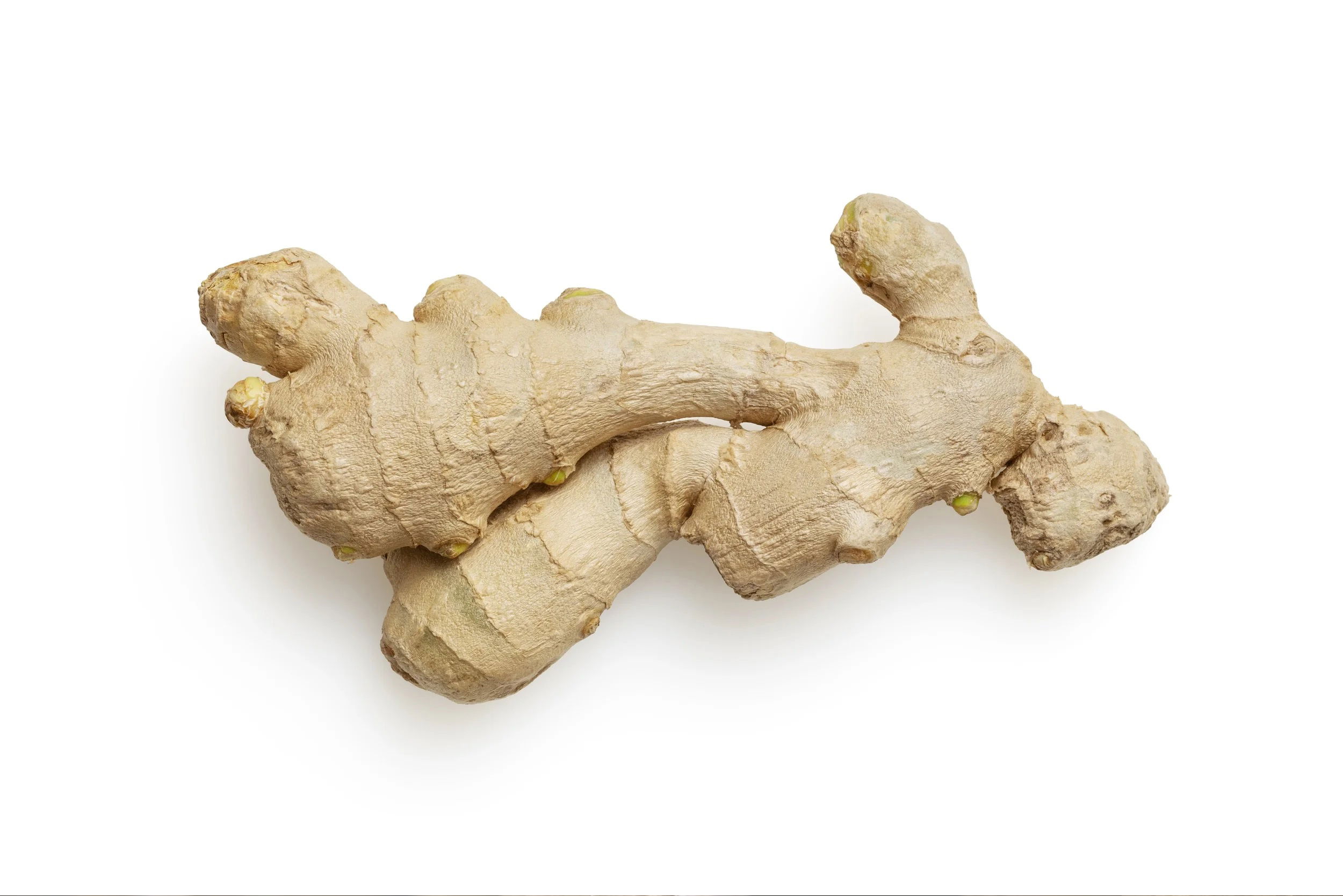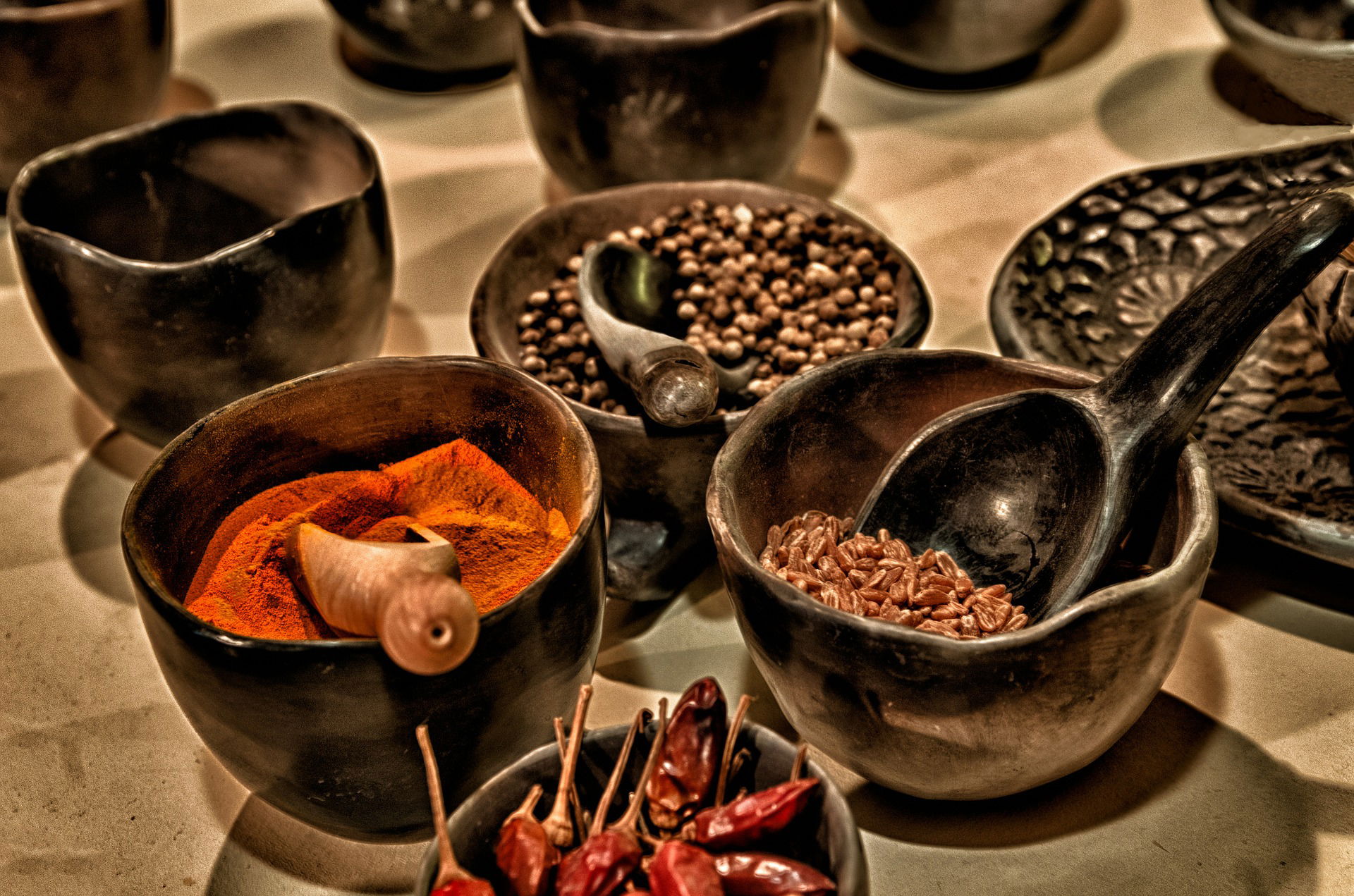The Role of Ginger in Thai Cooking

Thai cuisine is known for its complex and vibrant flavors that are often a result of the unique blend of aromatic herbs and spices used in the dishes. One such ingredient that is an integral part of Thai cuisine is ginger. Not only does ginger impart a warm and zesty flavor to Thai dishes, but it is also known for its numerous health benefits. Fresh ginger is a versatile ingredient that can be used in a variety of Thai dishes, including soups, curries, stir-fries, and even desserts. In this article, we will explore the various ways in which fresh ginger can be used in Thai cooking, including basic preparation techniques, authentic recipes, and tips for pairing it with other Thai ingredients.
Introduction to Thai Cuisine and Ginger
Thai cuisine is renowned for its bold and complex flavors, with a focus on fresh ingredients and fragrant herbs and spices. One of the key ingredients in Thai cooking is ginger, which plays an important role in many classic Thai dishes.
What is Thai Cuisine?
Thai cuisine is a diverse and vibrant culinary tradition that is known for its bold flavors, fresh ingredients, and unique combination of sweet, sour, salty, and spicy flavors. Thai food is often characterized by its use of fragrant herbs and spices, such as lemongrass, galangal, and of course, ginger.
The Role of Ginger in Thai Cooking
Ginger is a versatile ingredient that is widely used in Thai cuisine. It adds a distinctive flavor and aroma to dishes, as well as a subtle heat that complements other spices and ingredients. Ginger is often used in marinades, stir-fries, curries, and soups, as well as in desserts and drinks.

Health Benefits of Ginger in Thai Cooking
In addition to its delicious flavor, ginger also offers a range of health benefits when consumed regularly. Here are a few reasons to add more ginger to your Thai cooking:
Overview of Ginger's Nutritional Properties
Ginger is loaded with beneficial nutrients, including vitamins, minerals, and antioxidants. It is particularly rich in vitamin C, magnesium, and potassium, all of which are important for optimal health.
Health Benefits of Ginger in Thai Cuisine
Ginger has been used for centuries for its medicinal properties, and modern research has confirmed many of its health benefits. It is known to help reduce inflammation, aid digestion, boost the immune system, and even alleviate nausea and motion sickness.

Basic Fresh Ginger Preparation Techniques
To make the most of fresh ginger in your Thai cooking, it's important to know how to prepare it properly. Here are a few basic ginger preparation techniques to master:
Peeling and Grating Fresh Ginger
To peel fresh ginger, simply use a spoon to scrape away the skin. Then, use a grater or micro plane to grate the ginger into small pieces.
Slicing Fresh Ginger
To slice fresh ginger, use a sharp knife to cut thin, even slices. This is a great technique to use when you want to infuse a dish with ginger flavor without overpowering it.
Mincing Fresh Ginger
To mince fresh ginger, use a knife to chop it finely into small pieces. This is a great technique to use when you want to incorporate ginger into a sauce or marinade.

Authentic Thai Ginger Recipes
Ready to put your fresh ginger to use in some delicious Thai dishes? Here are a few authentic recipes to try:
Ginger Chicken Stir-Fry
This simple yet flavorful dish features tender chicken, fresh vegetables, and plenty of ginger. It's quick and easy to make, and perfect for a weeknight dinner.
Tom Yum Soup with Ginger
Tom Yum Soup is a classic Thai dish that is known for its bright, sour, and spicy flavors. This recipe features shrimp, mushrooms, and plenty of fresh ginger for a warming and satisfying soup.
Green Curry Paste with Fresh Ginger
Green Curry Paste is a staple in Thai cuisine, and this recipe features plenty of fresh ginger for an added kick of flavor. Use this paste to make a delicious and fragrant Green Curry with your choice of protein and vegetables.

Tips for Using Fresh Ginger in Thai Cooking
Fresh ginger is a versatile ingredient that is commonly used in Thai cooking. When using fresh ginger, it's important to know how to balance its spicy and aromatic flavors with other spices and ingredients in your dishes. Here are a few tips:
- Use ginger sparingly: A little bit of ginger goes a long way in Thai cooking. Too much ginger can overpower other flavors in your dish.
- Balance the heat: Ginger can add a spicy kick to your dish, but if it's too spicy, it can be overwhelming. Balance the heat by pairing ginger with sweeter ingredients, such as coconut milk.
- Experiment with different forms: Fresh ginger can be grated, sliced, or minced depending on the dish. Experiment with different forms to find the best texture for your recipe.

How to Balance Spices and Flavors with Ginger
When using ginger in Thai cooking, it's important to balance its spicy and aromatic flavors with other spices and ingredients in your dishes. Here are a few tips:
- Use complementary flavors: Ginger pairs well with other spicy, sweet, and sour flavors commonly found in Thai cooking. For example, lemongrass and ginger create a delicious, aromatic combination.
- Don't forget about salt: Adding a pinch of salt to your recipe can help balance the flavors of ginger and other spices.
- Taste as you go: While cooking, taste your dish often to ensure that the flavors are balanced. Adjust your recipe as needed by adding more or less ginger, or other spices and ingredients.
How to Store Fresh Ginger for Longevity
To keep your fresh ginger lasting as long as possible, follow these tips:
- Store in the refrigerator: Place fresh ginger in a zipper bag, remove as much air as possible, and store in the refrigerator. This can help preserve the ginger's freshness for up to 3 weeks.
- Freeze for even longer storage: If you have more ginger than you can use in 3 weeks, peel and chop it into small pieces, and freeze in an airtight container. Frozen ginger can last for up to 6 months in the freezer.
- Use a ginger grater: If you use fresh ginger often, invest in a ginger grater. This can make it easier to use and store fresh ginger.

Pairing Fresh Ginger with Thai Ingredients
Fresh ginger can be paired with a variety of ingredients to create delicious Thai dishes. Here are two popular pairings:
Lemongrass and Ginger in Thai Cooking
Lemongrass and ginger create a delicious, aromatic combination in Thai cooking. Try using both ingredients in a soup, stir-fry, or curry dish for a flavorful and fragrant meal.
Kaffir Lime and Ginger in Thai Cooking
Kaffir lime leaves and fresh ginger add a unique twist to Thai dishes. Add both ingredients to a marinade, salad dressing, or curry dish for a tangy and spicy flavor.

Using Ginger in Thai Beverages and Desserts
Fresh ginger can also be used in Thai beverages and desserts. Here are two popular recipes:
Ginger Iced Tea
To make ginger iced tea, steep fresh ginger and black tea in hot water for several minutes. Add sugar or honey to taste, and pour over ice. This refreshing drink is perfect for hot summer days.
Ginger Ice Cream
Fresh ginger can also be used to create a delicious and unique ice cream flavor. Simply grate fresh ginger into your favorite ice cream recipe, and enjoy the spicy and sweet combination.
Conclusion and Final Thoughts on Cooking with Fresh Ginger
Fresh ginger is a versatile and delicious ingredient that can be used in a variety of Thai dishes, beverages, and desserts. When cooking with fresh ginger, it's important to balance its spicy and aromatic flavors with other ingredients, and to store it properly for longevity. Experiment with different pairings and recipes to find your favorite way to use fresh ginger in your cooking.
Incorporating fresh ginger in Thai cuisine can add a flavorful and healthy twist to your cooking. Whether you're a seasoned chef or just starting out, adding fresh ginger to your Thai dishes can elevate the taste and add a unique flair. By following the simple techniques and recipes outlined in this article, you can begin to explore the many ways in which fresh ginger can be used in Thai cooking. So why not spice up your next meal and give fresh ginger a try?

Frequently Asked Questions (FAQ)
Can I use ground ginger instead of fresh ginger in Thai cooking?
While fresh ginger is preferred for its distinct flavor and texture, you can use ground ginger as a substitute in a pinch. However, keep in mind that ground ginger has a less vibrant flavor and aroma than fresh ginger, so you may need to use a bit more to achieve the desired taste.
How do I store fresh ginger?
To keep fresh ginger for an extended period, store it in a cool, dry place, away from direct sunlight and moisture. You can also store it in the refrigerator, wrapped in a paper towel and sealed in an airtight container.
Can ginger be added to any Thai dish?
While fresh ginger can be used in a wide range of Thai dishes, it is not always a required ingredient. Some dishes may not pair well with the zesty flavor of ginger, so it's important to follow authentic recipes and carefully consider the flavors of the dish before adding ginger.
What are the health benefits of using ginger in Thai cooking?
Ginger is known for its anti-inflammatory and antioxidant properties, which may help to reduce the risk of chronic diseases such as heart disease and cancer. It is also believed to aid in digestion, alleviate nausea and vomiting, and relieve pain and inflammation.



